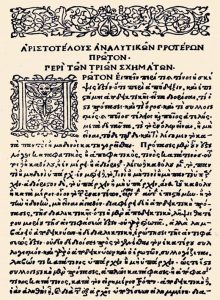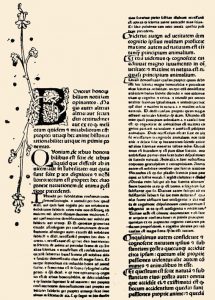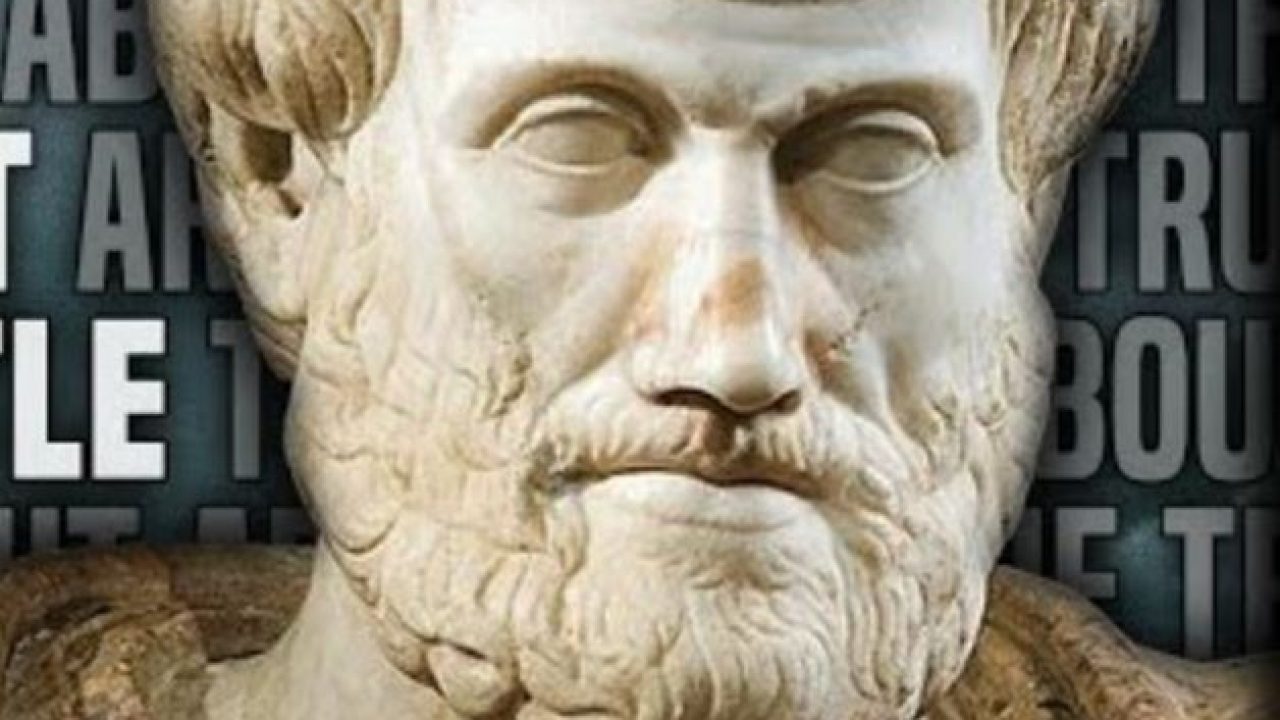Who is the ancient Greek philosopher ARISTO?
He was born on Stageira in Thrace. A physician was the son of his family. His father, Nikomakhos, King of Macedonia II. Philip’s father, II. He was a private physician and close friend of Amyntas.
Both Aristotle’s family and the cultural environment he had prepared had prepared himself for experimental research and positive sciences. He went to Athens in 367 and went to Eflatun’s Academy (Akademos). During his twenty-year education, he first became the most distinguished student of Eflatun, and then a successful rival who criticized his philosophical system.
Upon the death of his teacher in 347, the tyrant of Aterneus went to Prince Hermias to Assos (where Behramköy is located in Edremit Bay).
While he was continuing his lessons in the Academy, where his teacher criticized the theory of ideas, he also wrote his thoughts in the field of morality and politics. Macedonian King Filip, who stayed in Mytilene on Lesbos for about a year, invited Pella Palace in 343-342 to raise his son Alexander.

This education, which lasted for eight years, brought Aristotle to great fame with the title of “master who raised the world emperor”. King Alexander, who came to the throne after his father’s death, when he went to Asia in 335-334, Aristotle went to Athens and established his own school. This school was named Lykeion because it was founded next to the Temple of Apollo Lykeion. Since he taught his lessons among his students, his philosophy school was also called Peripatos. This period of twelve years is the most productive period for Aristotle.
He taught at Lykeion on the one hand, on the other hand, based on his philosophical thought, and also systematized all known sciences of his time. When Alexander died in 323, anti-Macedonian opposition started in Athens. Aristotle was accused of both being a Macedonian supporter and atheist. Finally, as in the case of Sokrat, he had to go to Khalsis, the city of his mother, in Northern Greece, in order not to give the Athenians the opportunity to commit a second murder against philosophy. He could not get rid of the stomach illness he caught and died there at 322 when he was sixty two years old.
Ancient Greek science and philosophy reached its highest point with Aristotle. Aristotle systematized all the known sciences of his age with his sharp intelligence, experiential and critical character.
Considered as the founder of many sciences, especially logic, Aristotle was interested in all disciplines of philosophy and left nearly a hundred works. His works are not dialogues like those of Eflâtun, but systematic and didactic.


